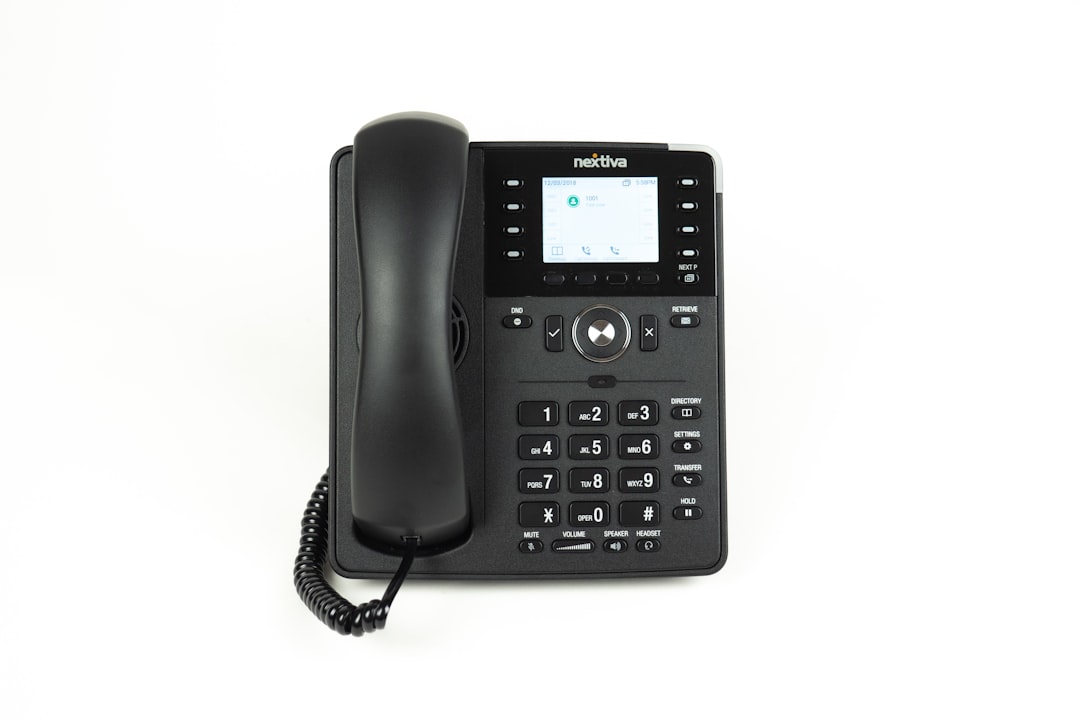Spam call law firms in Pennsylvania are disrupting businesses and individuals with aggressive, illegal telemarketing tactics. This issue is particularly acute in rural areas, affecting small businesses and residents' privacy. While consumers actively participate in opt-out programs, stringent state regulations and consumer awareness have reduced spam calls. Effective countermeasures include registering for "Do Not Call" lists, using call blocking apps, and adopting advanced phone screening technologies to combat these nuisance calls.
In today’s digital age, spam calls have evolved from mere nuisances to significant challenges impacting various sectors across Pennsylvania. This article delves into the evolving landscape of spam call trends specifically targeting the state’s legal sector and small businesses. We examine the rise of spam call law firms and their regional distribution, exploring how these unwanted calls affect consumers and legitimate businesses alike. Furthermore, we provide effective strategies to combat this growing issue. Understanding these trends is crucial for navigating Pennsylvania’s regulatory environment and mitigating the impact of spam call law firms.
Understanding Spam Calls and Their Impact on Pennsylvania's Legal Sector

Spam calls, or unsolicited telephone marketing, have become a pervasive issue across Pennsylvania and beyond. These calls, often targeting legal sectors, can significantly impact businesses and individuals alike. Law firms in particular face unique challenges as spam callers exploit phone numbers to promote their services, which is not only disruptive but also illegal under Pennsylvania’s strict anti-spam regulations.
The rise of automated dialling systems and pre-recorded messages has made it easier for spammers to target specific regions, including those within the state’s bustling legal communities. As a result, many law firms have had to adapt their practices, employing stringent call screening measures and relying more on verified leads. Understanding these trends is crucial in navigating Pennsylvania’s spam call laws, which are designed to protect consumers and maintain the integrity of communication channels for legitimate businesses and legal entities.
The Rise of Spam Call Law Firms: A Regional Analysis in PA

In recent years, there’s been a notable rise in spam call activity involving law firms across Pennsylvania. This trend has significantly impacted residents’ daily lives, leading to increased frustration and a growing concern for privacy. A regional analysis reveals that certain areas within the state have become hotspots for these unsolicited legal telemarketing calls.
The spam call law firms often employ aggressive tactics to target potential clients, using automated dialing systems and pre-recorded messages to deliver their services. While some may offer legitimate legal advice, many are known for their deceptive practices, such as falsely promising quick resolutions or misleading potential victims with urgent legal issues. The impact of these calls varies across PA, with rural areas experiencing a higher volume of spam calls compared to urban centers, where residents often have more awareness and tools to block such unwanted communications.
How Spam Calls Affect Small Businesses Across Pennsylvania

Spam calls have become a pervasive issue for small businesses across Pennsylvania, impacting their operations and bottom lines. With an increasing number of unauthorized robocalls targeting various industries, many local firms are left vulnerable to financial loss and reputational damage. These unsolicited phone calls, often promoting legal services or containing fraudulent offers, disrupt business activities and can deter potential clients.
In Pennsylvania, where a significant portion of the population relies on landline phones, spam calls have become even more disruptive. Local law firms, in particular, face challenges due to an influx of these calls, which can obscure legitimate client inquiries. As a result, businesses are forced to dedicate valuable resources to managing and mitigating these unwanted calls, potentially hindering their growth and competitiveness in the market. This issue underscores the need for effective spam call laws and regulations that protect Pennsylvania’s small businesses from such pervasive and detrimental practices.
Consumer Behavior and Awareness in Dealing with Spam Calls in PA

In Pennsylvania, consumer behavior towards spam calls has evolved as awareness grows about their prevalence and potential risks. Many residents now actively participate in opt-out programs to prevent unwanted calls from spam call law firms and other sources. This proactive approach is a testament to the increasing sophistication of consumers in navigating the complex landscape of phone communications. With regular reminders to update privacy settings and register on “Do Not Call” lists, Pennsylvanians are taking control to mitigate the impact of spam calls.
The state’s strict spam call laws further emphasize this trend. Residents are more vigilant about sharing their contact information and are quicker to recognize and report suspicious calls. This behavior shift has led to a better-informed public, capable of distinguishing legitimate calls from nuisances. As a result, the number of spam calls received per household has decreased, indicating a successful combination of regulatory measures and consumer awareness in Pennsylvania.
Effective Strategies to Combat Spam Calls for Residents and Businesses in Pennsylvania

To combat spam calls, residents and businesses in Pennsylvania have several effective strategies at their disposal. One crucial approach is to register for Do Not Call lists maintained by both state and federal authorities. This simple step can significantly reduce the volume of unwanted calls. Additionally, utilizing call blocking apps and software designed to identify and block spam callers can be highly effective. Many such tools learn and adapt to new patterns, ensuring ongoing protection.
For businesses, implementing robust caller ID verification systems and adopting advanced phone screening technologies can deter spammers. Encouraging customers to report suspicious calls and sharing best practices across industry associations can create a collective defense against spamming tactics. Moreover, staying informed about the latest spam call trends and laws, such as those enforced by local spam call law firms in Pennsylvania, is essential for proactive protection.






